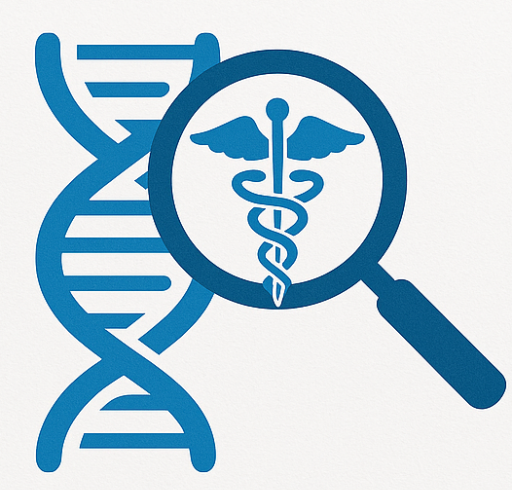What is the EGFR Gene?
The Epidermal Growth Factor Receptor (EGFR) gene encodes a transmembrane tyrosine kinase receptor that regulates:
- Cell proliferation
- Survival
- Differentiation
- Metastasis
When activated by ligands (e.g., EGF, TGF-α), EGFR dimerizes and triggers downstream pathways (PI3K-AKT, RAS-RAF-MEK-ERK, JAK-STAT).
Key Alterations in Cancer
- Mutations (e.g., exon 19 deletions, L858R)
- Gene amplification (common in solid tumors)
- Overexpression (ligand-independent signaling)
Prevalence of EGFR Alterations in Cancer
EGFR dysregulation occurs across multiple cancers:
| Cancer Type | Alteration Frequency | Key Alterations |
|---|---|---|
| Non-Small Cell Lung Cancer (NSCLC) | 10-35% (adenocarcinomas) | Exon 19 del, L858R |
| Glioblastoma (GBM) | ~40-50% | EGFRvIII mutation |
| Colorectal Cancer (CRC) | ~10-15% (KRAS wild-type) | Overexpression |
| Head & Neck SCC | ~90% | Overexpression/amplification |
| Breast Cancer | ~15-30% (triple-negative) | Amplification |
How EGFR Could Cause Cancer
Mechanisms of Oncogenic Activation
- Ligand-Dependent Activation
- Overexpression → constitutive signaling even at low ligand levels.
- Ligand-Independent Activation
- EGFR mutations (e.g., L858R, exon 19 del): Stabilize active conformation.
- EGFRvIII (Glioblastoma): Deletion in extracellular domain causes constant signaling.
- Downstream Effects
- Sustained MAPK & PI3K-AKT signaling → uncontrolled proliferation.
- Inhibition of apoptosis → therapy resistance.
